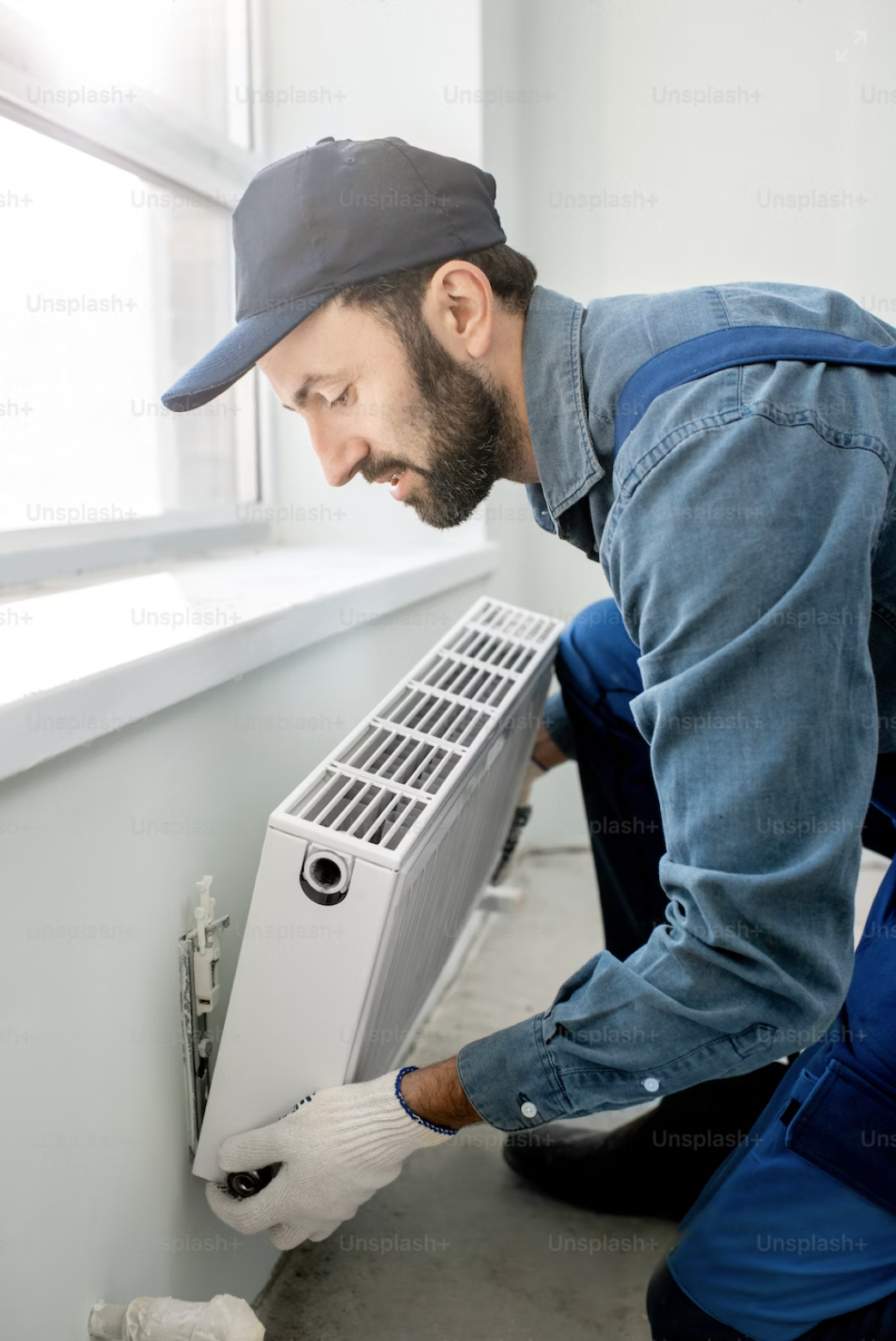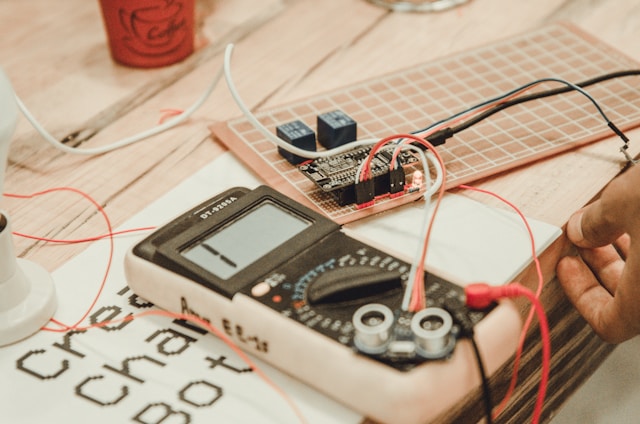To ensure the longevity of your water heater, it’s crucial to address any issues in its early stages. Neglecting preventative care could result in severe damage, ultimately leading to a total replacement. Fortunately, most problems can be quickly resolved through professional maintenance, even if they start as minor issues.
It Saves You Money
No one wants to start their day with a cold shower. Unfortunately, this is common for homeowners who need to pay more attention to their residential water heaters San Francisco CA, maintenance. A water heater that is properly maintained can last up to 15 years, while one that only receives occasional maintenance may only last about a decade. Regularly inspecting the unit by an experienced plumber helps catch problems before they become major repairs. It also helps to keep the tank’s temperature at 120 degrees Fahrenheit, which prevents scalding and saves energy. And, of course, checking the pressure relief valve and the anode rod at least yearly helps to protect the unit from corrosion. Flushing your water heater every six to 12 months is another essential part of maintaining your system. This keeps the sediment from building up, shortening the unit’s life and making it less efficient.
It Prevents Rust
Investing in a home water heater is a long-term commitment, and regular maintenance is essential for longevity. From adding insulation to flushing out sediment, these simple tasks can turn up easily fixable issues before they become expensive problems that require unit replacement. A common concern of older home water heaters is rust. This can be caused by minerals, such as magnesium and aluminum, that collect at the bottom of your tank. These mineral deposits can corrode the tank, leading to leaks and inefficiency. To prevent this, you must flush your water heater yearly to remove the minerals and sediment.
Additionally, make sure to check the anode rod. This rod takes one for the team by attracting the corrosive minerals rather than your home water heater tank. This rod must be replaced when only the bare steel wire is visible, so it’s essential to check it regularly.
It Prevents Scale
Like any other mechanical appliance in your home, water heaters are subject to massive deterioration and wear and tear daily. But if you have routine maintenance performed, your residential water heater will last a lot longer. Licensed plumbers can prevent a wide range of issues with your water heater by flushing sediment and rust from tanks, inspecting the sacrificial anode rod, and identifying any other problem in its early stages. This helps you avoid expensive repairs, extends your equipment life, and reduces the risk of catastrophic failure that could cost tens of thousands in water damage. Even if you have a tankless water heater, the mineral scale can build up in your heat exchanger tubing and reduce the energy efficiency of your system. Luckily, just like with a sediment tank, the solution is simple: routine maintenance. In addition to helping your residential water heater stay in good condition, it can also help you avoid high utility bills.
It Prevents Damage
Water heaters work hard for us, supplying our homes with warm showers and clean clothes. However, without routine maintenance, they can become a source of disaster. Leaks from aging tanks and broken valves are the third largest cause of homeowner insurance claims for water damage after weather-related flooding and faulty plumbing. Many water heater problems can be prevented with simple, inexpensive maintenance tasks. A visual inspection, testing of the pressure relief valve, and draining the tank to flush out sediment can extend the life of your water heater. Always refer to a professional plumber if you need help handling these steps. Since water heaters combine electricity, water, and sometimes gas, they’re dangerous appliances if you need to know what you’re doing. Also, leave any flammable or combustible materials away from your water heater. And always let the water in your tank cool before you drain it.




